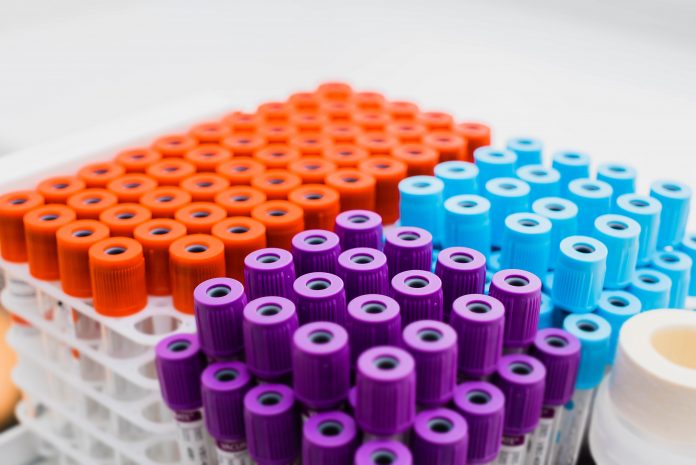The UK government announced the launch of a genetics project, working with GlaxoSmithKline and AstraZeneca, to understand diseases like dementia and cancer
The £200 million whole genome sequencing project is being created, which will examine and sequence the genetic code of 500,000 volunteers at the UK Biobank, based in Stockport.
Genomics research has the potential to create a genuinely predictive, more personalised healthcare system and the UK has a clear desire to seize the opportunities that research in this area offers, which is why the government has committed to carrying out five million analyses of DNA by 2024.
The new project aims to improve health through genetic research, improve the prevention, diagnosis and treatment of a wide range of serious and life-threatening illnesses including cancer, heart diseases, diabetes, arthritis and dementia.
This follows a shake-up of immigration rules announced by the Prime Minister in August to encourage the world’s top scientists to move to the UK. The government will set out plans in the autumn to significantly boost public R&D funding, provide greater long-term certainty to the scientific community, and accelerate our ambition to reach 2.4% of GDP.
Prime Minister Boris Johnson said:
“Breakthroughs of this kind wouldn’t be possible without being open to the brightest and the best from across the globe to study and work in the UK. That’s why we’re unveiling a new route for international students to unlock their potential and start their careers in the UK.”
The new immigration route enables international students who have successfully completed a course in any subject at undergraduate level or higher to work or look for work, at any skill level, giving them valuable work experience at the start of their careers. There will be no cap on the number of students who can apply for the new graduate route.
Students who start courses in 2020/21 at undergraduate level or above will be able to benefit from the new route. Those on the route will be able to switch onto the skilled work route if they find a job which meets the skill requirement of the route.
The new route for international students builds on the already strong offer available, which is why university-sponsored visa applications are at record levels and over 450,000 international students are currently studying in the UK per year. This will boost the government’s plans to increase the number of international students by 30% to 600,000 by 2030, as set out in its International Education Strategy.
The genome project builds on a £34 million pilot programme funded by the Medical Research Council (MRC) that saw the first 50,000 UK Biobank participants analysed. This pilot or Vanguard project refined the approach needed to complete this globally unique project. All data held by UK Biobank is anonymised and protected.
The addition of complete genetic information to the information held by UK Biobank is expected to reveal why some people develop particular diseases and others do not. It may also hold the key to more precise treatments for a range of conditions tailored to the genetic makeup of an individual and help predict and prevent life-changing diseases.
The UK Biobank recruited 500,000 people aged between 40 and 69 years between 2006 and 2010 from across the country. They have provided blood, urine and saliva samples for future analysis, detailed information about themselves and agreed to have their health followed on an anonymous basis.
Much of the sequencing will be by experts at the Wellcome Sanger Institute, based in Cambridge, and the results will help the NHS treat patients better.
Through the Biobank research, the industry can work with experts to create new treatments and preventative measures which will help those suffering from illnesses and may eventually reveal why some people develop diseases and others do not.
Funding for the genome project comes from a consortium formed by the government’s research and innovation agency, UK Research and Innovation (UKRI) with £50 million through the Industrial Strategy Challenge Fund, £50 million from the research organisation, Wellcome.











